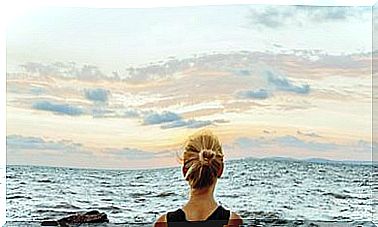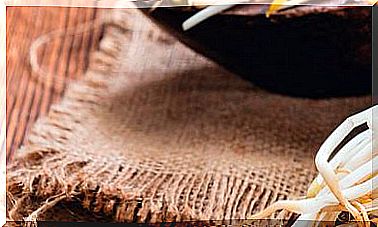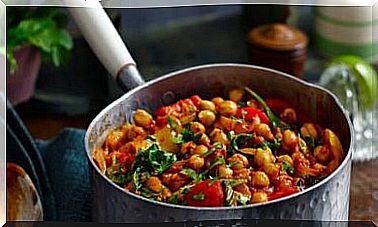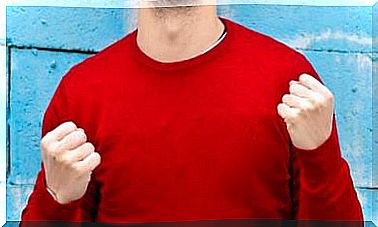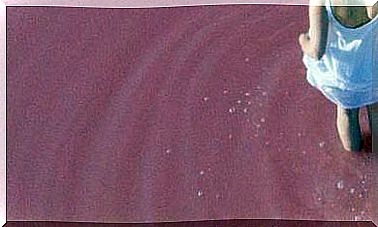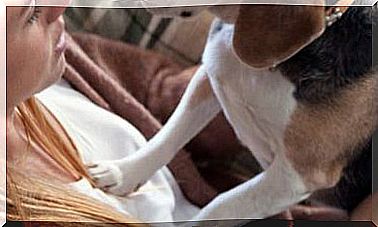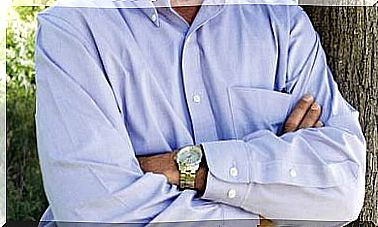“If You Want To Save The World, Start The Revolution In Yourself”
Whether writing, composing, singing or playing an instrument, Pedro Burruezo defends a vision of the world as a sacred treasure to preserve.
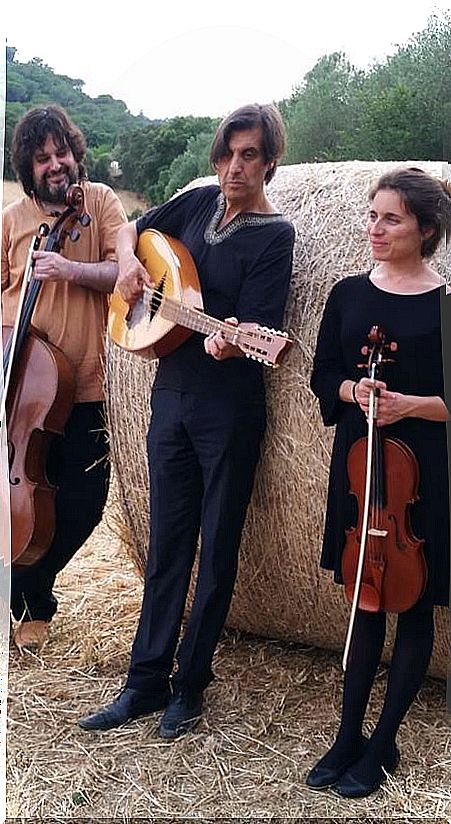
To pigeonhole Pedro Burruezo as an ecologist would be to be left alone with one of the many faces of his rich personality.
He has directed The Ecologist magazine for more than 15 years, but he also defines himself as an organic gardener, musician, composer, aspiring Sufi …
Interview with Pedro Burruezo
—Of the current environmental challenges, do you think that climate change is the most important?
-Definitely. Earth’s climate is in a fragile balance, which is being jeopardized by ruthless and suicidal business activity.
All the forecasts are being fulfilled. We walk towards disaster. Trump is a madman, but in this and in other matters others are not much better than him.
Infertility is another great disaster that is rarely talked about. And also all the dark geostrategic activity carried out by usurers and speculators and intelligence agencies that cause wars, suffering, misery, pain …
The climate of general upheaval, furthermore, provokes fanaticism and the departure of terrorists from both sides who contribute even more suffering. But for me the greatest disaster is the numbing of consciences and the construction of a society that not only lives with its back to the spiritual fact, but also denies it and it disgusts it.
All other disasters stem from this one. The worst that could happen is that we would be able to build a completely ecological society, but without a soul, right?
– And what do you think have been the great victories of environmentalism?
—I’ll tell you about the great battle lost (so far), which is the one that interests me the most: usury.
Usury as an engine of the economy is the cause of great environmental, social and even family and emotional devastation. It is devastating, it corrupts, it destroys, it plunders. It is the engine of a murderous economy.
You have to put a brake on it personally and institutionally. You have to get down to work on that matter. Each one, as far as he is concerned. The environmental world manages to win small battles and this seems very good to me.
And The Ecologist works fervently on all of it. We need a holistic view of the world for what it is: something sacred, a treasure that we must preserve. In its whole. And not politically correct patches. In this, the work of the great Vandana Shiva has helped me a lot to see the world in depth.
Organic agriculture and cosmetics
—In The Ecologist you have analyzed a lot the benefits of organic farming. Is that informational battle won?
“It is one of the battles that has given the best results.”
Public opinion already knows that conventional food is poisoned and that it is the cause – along with other factors – of the cancer pandemic or the sterility of a large part of the population.
Another thing is that mutual funds are taking over the main organic food companies and I don’t know where that will lead. Organic food must be able to reach every home. Without forgetting that they are local, artisans, etc.
—GMOs, monopolies, loss of biodiversity… What are the current dangers in food?
“There are so many that I wouldn’t know where to start.” We must decontaminate our food of genetically modified organisms.
We must decontaminate our food from the chemicals that make us sick and sterilize us and that destroy the biodiversity and fertility of the planet. We must end the food speculation that produces famines and concentrates power in insane and dangerous monopolies. We must return to a local, peasant, biodiverse, tasty, ecological, artisan and family diet.
—A recent issue of The Ecologist is devoted to cosmetics. Why do you claim the environmental complaint?
—Conventional cosmetics threaten the health of ecosystems and consumers.
It is already the second monograph dedicated to the subject. Our job is to denounce these events, their consequences and, at the same time, propose alternatives.
– Are there problems that are too politically uncomfortable, such as air pollution, and that is why they are not seriously addressed?
“There are many types of pollution to deal with.” Nuclear, chemical, mental, electromagnetic, acoustic, light …
We must do everything possible to live, at least in our hearts, apart from all these sources of toxicity. You have to try to lead a life in harmony with nature in every way. Acting from the local, the familiar and the global.
Go one step further with deep ecology
“But it seems that most people are hardly aware of it.”
—They are not aware of everything that is happening and, what’s more, they are not very interested either. I am not very optimistic in this regard. And I have little trust in anyone.
Look at communism where it ended. Some remedies are worse than the disease. We live in a world that, being theoretically the most civilized in history, is the most corrupt in every way, the one that causes the most deaths, the one that creates the most suicides, the one that manufactures the most weapons, the most predatory …
I’d rather not talk about some so-called gurus and environmentalists who have wreaked havoc around you. Not to mention the shabby egotism of some “altruists.” The works of Edward Goldsmith, Vandana Shiva, Jerry Mander, Hossein Nasr… I do believe that they represent paths of light and wisdom to follow.
I am an aspiring Sufi who believes that if you want to save the world, you must start the revolution in yourself, against your own ego. Then we talk about the rest.
—The real reason for The Ecologist magazine is deep ecology. What does it consist of?
—It includes a spiritual part that conventional ecology ignores and despises. Actually, conventional ecology is fine, but it falls short.
You do not have to protect the tree because it keeps moisture, it is a shelter for the birds or it cools the climate, but, first of all, because it is sacred. Conventional ecology runs the risk of falling into the same materialistic assumptions as the society it tries to confront.
Deep ecology is another world, and while it also relies on independent science, it exceeds it, not below, but above. It not only brings peace to the world, but to our sick soul. If you don’t heal your wounds first, how are you going to heal the world?
Pedro Burruezo has a very personal work. He is the author of the book-cd Misticísssimus (Satellite K / T-sunami) and the essay Ecology and spirituality (Ed. Obelisco).
His latest album is Dervishes & Troubadours . “It is an album with two different parts. A first dedicated to the musical Sufism of the XXI century, my great artistic bet. And another part more dedicated to troubadour music. Always with a personal prism and with excellent musicians, such as Wafir S. Gibril, Maia Kanaan and Jordi Ortega, among others. The ugliness and destruction of the world must be fought by providing all the beauty that we are capable of creating. It is an antidote to destruction, it is to get in touch with the divine and with the soul of the universe ” .
The film The 3 Lives of Pedro Burruezo (music, ecology, spirituality) , by José López, portrays a multifaceted person who tries, from The Ecologist magazine , edited by the Asociación Vida Sana, and with his music, to bring the public a vision of the world that flees from techno-scientific materialism and seeks deep harmony with nature.
